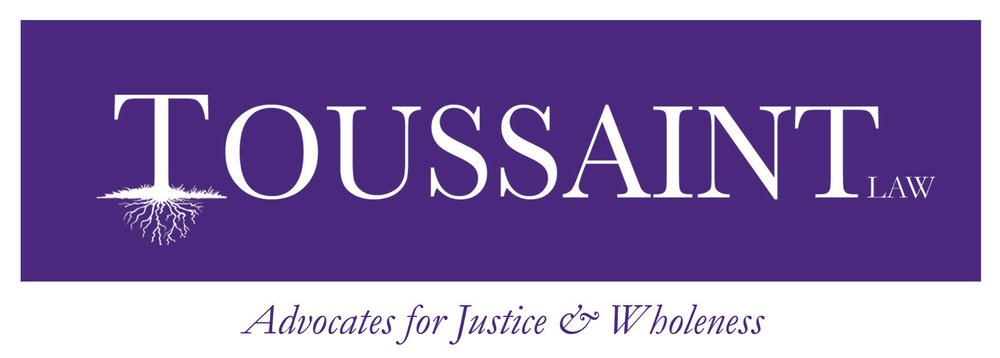Not too long ago, a fight broke out after school at a Middle Georgia high school. The fight involved only two male students, but dozens of other students watched. As is common in this digital age, the entire ordeal was captured on someone’s camera phone. The student behind the camera and other students present made comments that suggested that the fight was pre-planned and that several students knew what was about to go down. Anyone viewing the video could plainly see the faces of several onlookers in the video, and our client was one of those faces. After some adults broke up the fight, our client, as did the other students, continued on his way home not expecting to be involved any further. He soon learned that there were to be consequences for his seemingly minor decision to watch the fight. Within the next few days, he and his parents received a letter in the mail notifying him that he was to appear at a disciplinary hearing and that the school was recommending that he be referred to alternative school. The student was shocked to learn that the school had a rule that required students to report “dangerous or potentially dangerous situations” to an administrator and, because he had not made such a report, he had committed a high level violation. His right to be educated in his home school was now on the line, and his fate now lay in the hands of the hearing officer.
“All that for stopping to watch a fight?” you ask. That’s right. It really is that serious. As the media teems with reports of school shootings and other crimes taking place on school campuses and the surrounding communities, school administrators are responding to student misbehavior with a heavier fist than ever before. As advocates around the country, including the attorneys of our firm, call for the elimination of so called “zero tolerance” polices, many schools are increasingly cracking down not only on the wrong doers, but the observers and supporters as well, in efforts to prevent crimes from happening. More than ever before, students need to be vigilant and be intentional about avoiding situations that could entangle them in the school discipline system. Because children are prone to make mistakes and often are not as attune to circumstances that can get them in trouble, they need the help of you, their parent, to keep them on the right path. I have provided a few pointers below to help you help your child stay out of the school discipline system. Many of these tips will also help prevent your child’s involvement in the juvenile justice system.
Encourage your child to avoid getting involved in the school discipline system in the first place. Remind her to be careful about who she hangs around and to choose her friends wisely. Explain to him that being in the wrong place at the wrong time can have long-term consequences.
Stay in touch with your child’s teacher and head off discipline problems early on. Be wary of “minor” punishments such as silent lunch, detention, or in school suspension. Most schools employ a graduated sanctions systems where the punishments for misbehavior increase in severity depending on the number of times the student has gotten in trouble in the past or the severity of the particular incident. For example, one student’s 8th act of talking back to a teacher or another student’s 1st fight at school might both result in a long-term suspension from school. The first student’s punishment stems from her repeated misbehavior, while the second student’s punishment stems from his involvement in a fight at school. However, each student might receive the same punishment. In sum, pay attention not only to the “big” behavior incidents, but also to the repeated “small” incidents because either could add up to big punishment. Also, remember that if your child has a disability, receiving out of school suspension for more than ten (10) days in a school year might trigger certain legal rights.
Be familiar with the school’s student handbook or code of conduct and review it with your child at least monthly. This book outlines what is permitted at school and what is prohibited. It also lays out the procedures that the school must follow if they decide to discipline your child. Keep the rules and expectations before your child so that she does not make a mistake that could cost her education. Discuss how she should respond to situations that could land her in trouble and even go through some role plays with your child. Your involvement is your child’s first line of defense in protecting her education.
Know your legal rights in case your child does get involved with the school discipline system. Federal law requires that if a school proposes to suspend a child from school for more than 10 days, then the school must schedule a hearing with a hearing officer before the 10th day is out. At the hearing, your child has the right to present witnesses and evidence and counter the school’s witnesses and evidence. Your child has a right to be represented by an attorney at the hearing. Finally, if your child is not satisfied with the hearing officer’s decision, he or she can appeal to the local board of education and then to the state board of education (with your help and/or the help of an attorney, of course). Remember that the discipline hearing is the child’s right, so he or she (or the parent on their behalf) may request to extend the deadline to hold the hearing if more time is needed to hire an attorney or if the parent is unable to attend due to work or another compelling reason.
